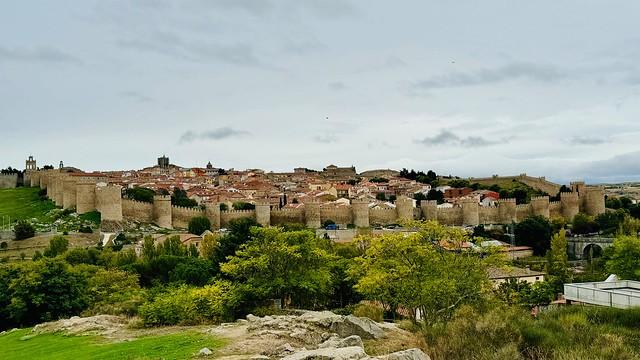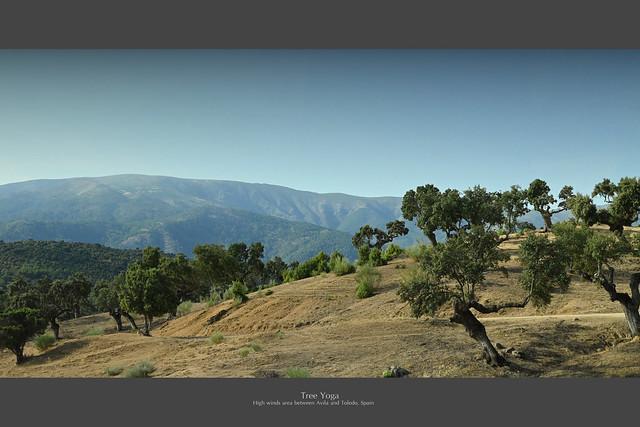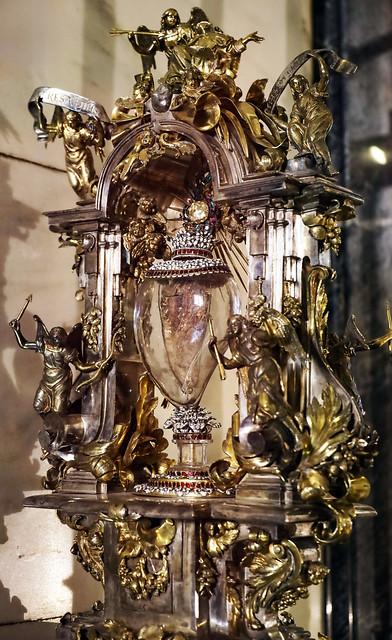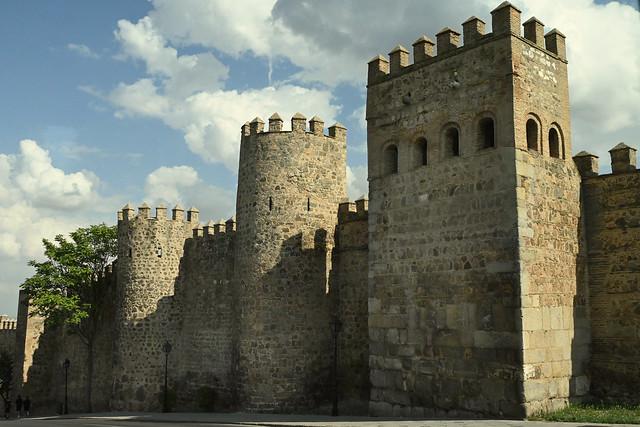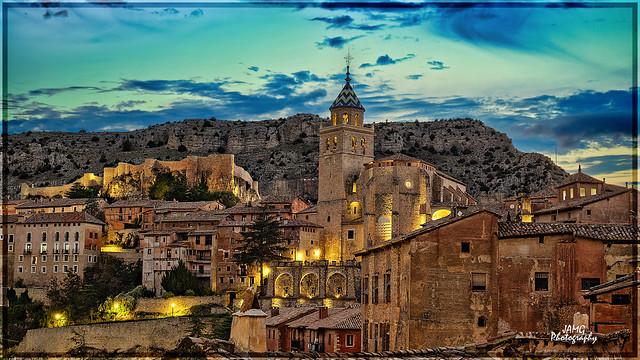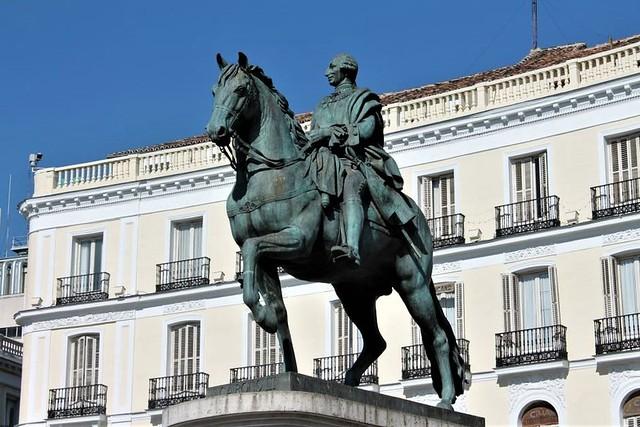Ávila
Overview
Historical Significance
Ávila, located in the heart of Spain, is a city steeped in history, renowned for its remarkably preserved medieval architecture. Its most iconic feature is the stunning city walls, which date back to the 11th century and are among the best-preserved fortifications in Europe. Stretching over 2.5 kilometers, these walls are punctuated by 88 towers and nine gates, creating a formidable and picturesque skyline. As you wander along the walls, you can imagine the historical battles and stories that have unfolded within these ancient stones, offering a tangible connection to Spain's past.
Cultural Atmosphere
The atmosphere in Ávila is one of tranquility mixed with a sense of historical reverence. The city's cobblestone streets invite leisurely exploration, where the rhythm of life is slower than in larger Spanish cities. The local cafés serve traditional Spanish fare, including the famous 'yemas de Santa Teresa', a sweet treat made from egg yolks and sugar, named after the city's most notable historical figure, Saint Teresa of Ávila. The cultural scene is vibrant, with numerous festivals throughout the year, including the Feast of Saint Teresa in October, which combines religious observance with lively celebrations, filling the streets with music and color.
Architectural Wonders
In addition to the city walls, Ávila boasts a wealth of architectural treasures. The Cathedral of Ávila, built in a unique Gothic-Romanesque style, is both a religious site and a fortress, showcasing a stunning combination of artistry and defense. Its impressive altar and intricate chapels make it a must-visit for those interested in ecclesiastical architecture. Another highlight is the Convent of Santa Teresa, which honors the legacy of the saint who reformed the Carmelite order. Visitors can explore the convent's serene gardens and learn about her life and impact on spirituality.
Local Characteristics
Ávila is known for its local craftsmanship, particularly in pottery and leather goods. The city's artisans create exquisite pieces that reflect the region's heritage and artistry. Strolling through local markets, travelers can find unique souvenirs that capture the essence of Ávila. Additionally, the city is surrounded by stunning natural landscapes, including the Sierra de Villafranca mountains, making it an ideal destination for outdoor enthusiasts. Hiking trails and scenic viewpoints offer breathtaking panoramas of the countryside, allowing visitors to connect with nature.
Religious Heritage
The religious significance of Ávila cannot be overstated. It is a UNESCO World Heritage site, primarily due to its historic churches and convents that reflect the deep-rooted spirituality of the area. The Church of San Vicente, a striking Romanesque structure, is dedicated to the city's patron saint and features stunning altarpieces and a captivating atmosphere. The numerous monasteries and religious sites throughout the city highlight the importance of faith in shaping both the community and its culture over the centuries.
Conclusion
Ávila offers a captivating blend of history, culture, and local charm, making it a unique destination for travelers seeking to experience the heart of Spain. Its stunning architecture, rich traditions, and tranquil atmosphere invite exploration and reflection, allowing visitors to immerse themselves in the city's timeless beauty. Whether you are wandering the ancient walls, savoring local delicacies, or soaking in the spiritual ambiance, Ávila promises an enriching journey through one of Spain's most historic cities.
How It Becomes to This
History not available

You May Like
Explore other interesting states in Spain
Discover More Area
Delve into more destinations within this state and uncover hidden gems.



